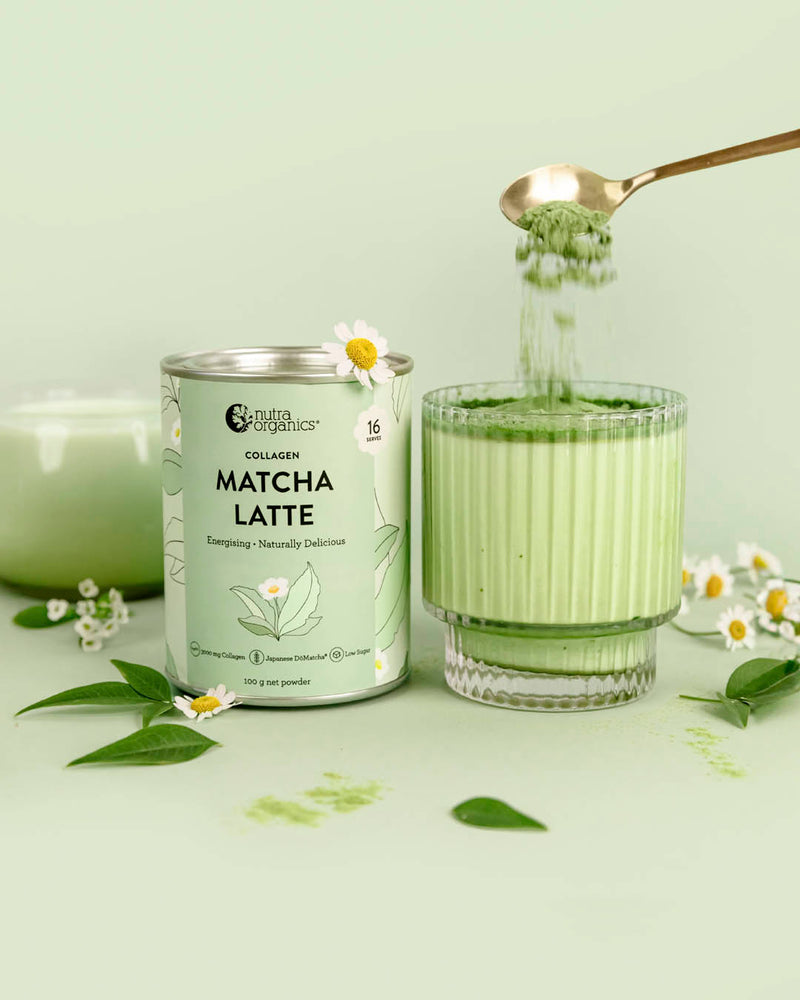Which One Fuels Your Day Better?
For many, the day doesn’t officially begin until that first sip of caffeine hits. Coffee has long been the go-to, offering a quick energy boost and a familiar morning ritual. But in recent years, matcha—a finely ground green tea powder packed with antioxidants—has become a popular alternative.
Both drinks offer their own unique health benefits, but which one is best for busy individuals looking to power through their day with sustained energy and focus? Let’s break it down.
Caffeine & Energy Levels
Coffee is known for its quick energy boost thanks to its high caffeine content (around 95 mg per cup). This rapid absorption can improve alertness but may also lead to jitters, crashes, and dependence over time.
Matcha, on the other hand, contains a more moderate dose of caffeine (about 30-70 mg per cup), but thanks to the presence of L-theanine, it provides a smoother, more sustained energy boost without the crash. L-theanine promotes calmness while enhancing focus, making matcha a great option for those who need steady concentration throughout the day.
Stress & Mental Focus
For busy professionals, entrepreneurs, and athletes, mental clarity is just as important as physical energy.
- Coffee can increase alertness but may also spike cortisol (stress hormone) levels, especially when consumed in high amounts. If you find yourself feeling anxious or on edge after a strong cup, coffee might not be the best option for stressful days.
- Matcha promotes a more balanced mental state due to L-theanine, which helps reduce stress, improve focus, and support cognitive function. It’s often preferred by those looking for a calm, steady sense of alertness rather than a sudden jolt.
Antioxidants & Health Benefits
When it comes to long-term health benefits, matcha takes the lead.
- Matcha is rich in antioxidants, particularly EGCG (epigallocatechin gallate), which helps fight inflammation, boost metabolism, and support heart health. A single cup of matcha contains up to 10x the antioxidants of regular green tea, making it one of the most powerful superfoods available.
- Coffee also contains antioxidants, particularly chlorogenic acid, which can help reduce inflammation and support brain health. However, its acidity may irritate digestion for some individuals, especially those with sensitive stomachs.
Digestion & Gut Health
If you struggle with acid reflux, bloating, or digestive issues, matcha is the gentler choice.
- Coffee is acidic and can irritate the stomach lining, leading to heartburn, indigestion, or bloating—especially if consumed on an empty stomach.
- Matcha is alkaline-forming and generally easier on digestion, making it a great alternative for those prone to stomach discomfort.
Which One is Best for Busy People?
If your days are packed with meetings, workouts, or demanding schedules, sustained energy without crashes is key.
- If you need a quick burst of energy and don’t mind the risk of crashes, coffee can work. But it’s best to pair it with food to slow caffeine absorption and reduce jitters.
- If you prefer steady energy, reduced stress, and enhanced focus, matcha is the winner. Its combination of L-theanine and caffeine provides long-lasting energy without overstimulating your nervous system.
Final Verdict
Both coffee and matcha have their place, but if you’re looking for a more balanced, stress-free energy boost, matcha is the clear winner. It provides steady focus, better digestion, and powerful antioxidants—making it the perfect companion for busy lifestyles.
Looking to make the switch? Try adding matcha to your morning routine and feel the difference for yourself! 🍵💚
 |
|
Shop Nutra Organics Matcha Latte |
Shop Lotus Organic Matcha |


